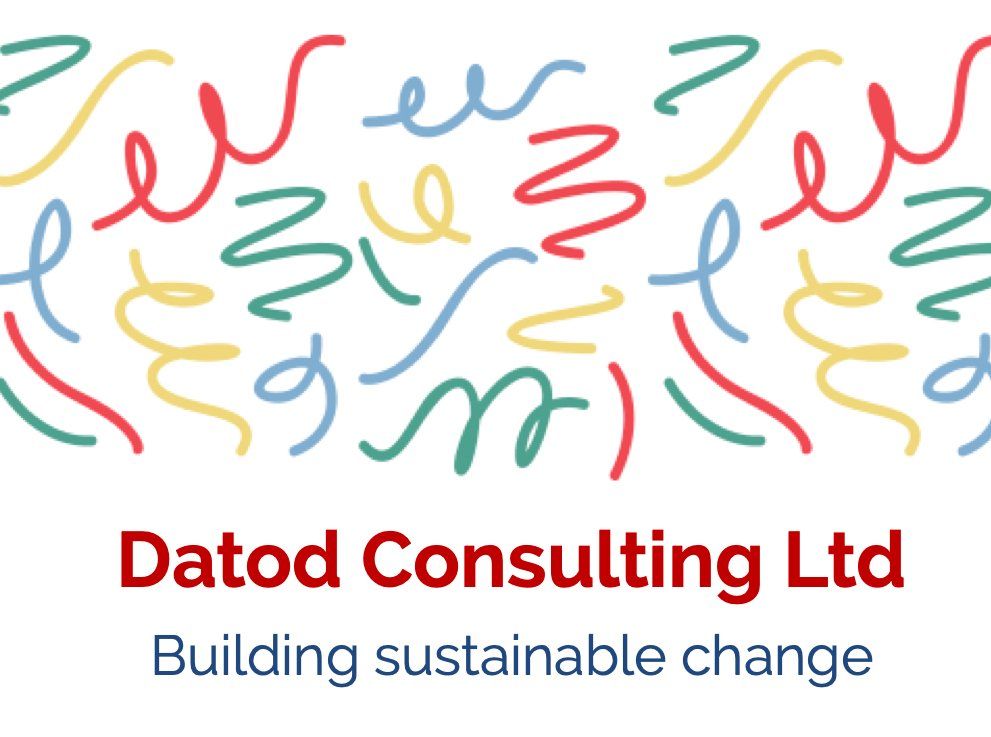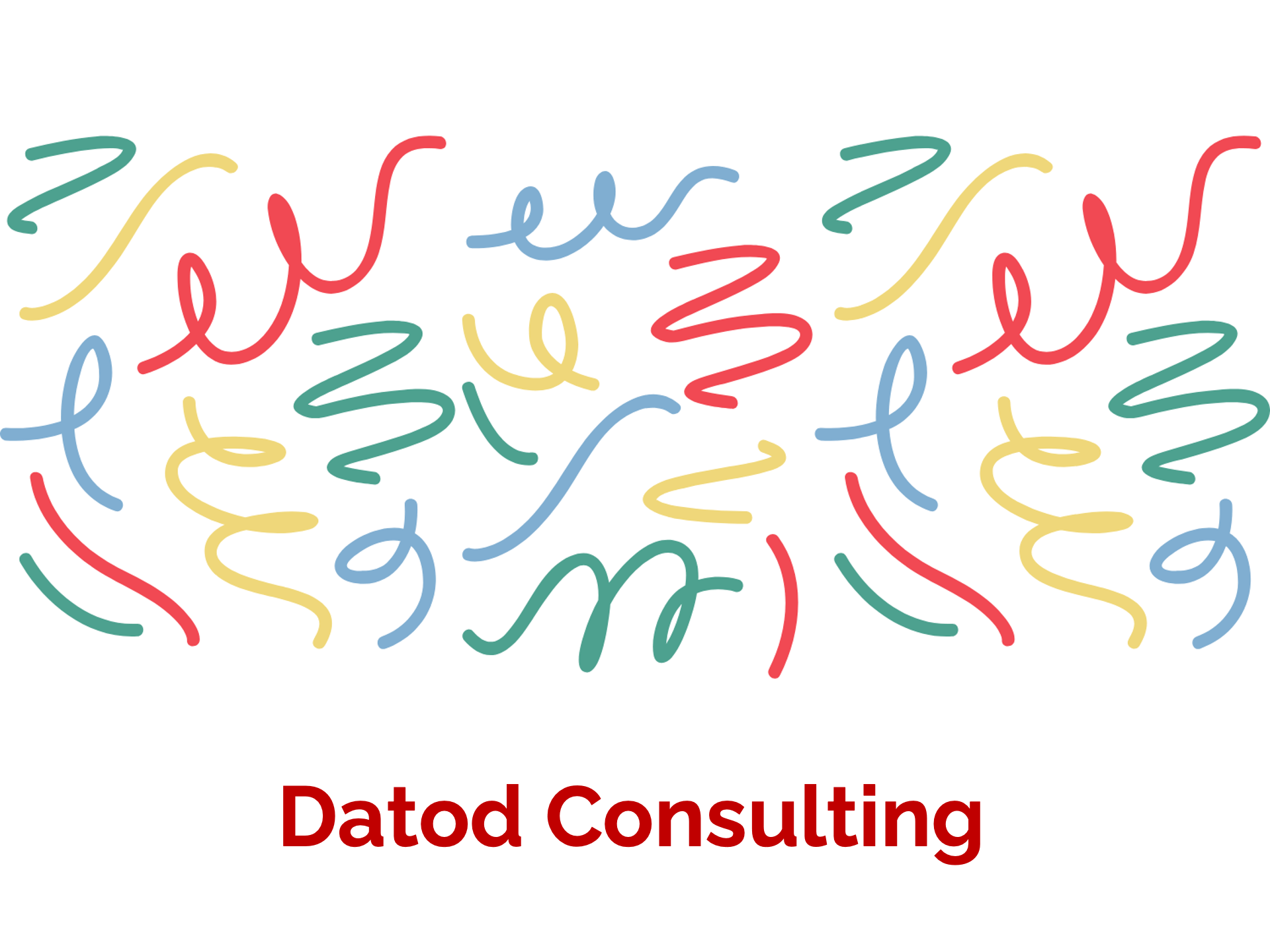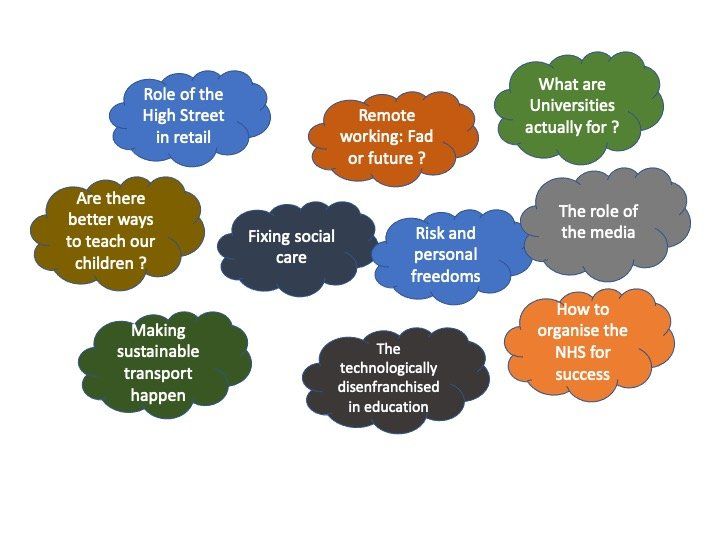Change in a Post-Covid World
One of the “truisms” spouted by those in the change management industry – and I’m one of them – is that we are living in times of exceptional change and unless businesses and individuals are tooled up with [insert latest improvement methodology
] they’ll be left behind. And there is no greater human fear, than the fear of missing out. Sadly, this is the engine that in part drives a lot of the industry, fuelling the anxiety your business will be the one of those that misses out on the invitation to the party.
But is it true ? Are we really going through exceptional times of change ?
At the macro level it could be argued that nothing really has changed over the last 50 years [1]. People are born, some get access to good education; some get good jobs, many don’t. Certain countries make things, others consume things. This stuff is moved around by planes, boats and trucks. Some people have access to information, others less so. Diseases happen, some are cured and disappear, others such as cancer still aren’t. Too many in the world still have no access to clean water and too many still die of malnutrition, all in a world that now has the ability to fly a drone remotely on Mars.
In truth all the big stuff hasn’t changed, even the Internet is just another way of moving information around and I’d argue that the world of art, music and literature is no richer today compared with the pre-internet era, but we do now have access to a lot more videos of cats doing silly things.
What has changed is how all this macro stuff impacts our lives.
The rate of change, and direction it may be going in, may feel to be increasing and feel to be different. What is clear is that there have been episodes in our history that have preceded events of immense societal change, the two World Wars are good examples.
The question up for discussion is whether the Covid pandemic is one of these episodes and how this will play out. Certainly, I can list a range of areas that feel as if change is being accelerated by having to fit into a post-Covid landscape. Even whether there is really a “post Covid” world is up for debate, as we learn to live with the virus.
Here are just a few areas that spring to mind under the spot-light of the pandemic. I am sure there are many, many more.
- The role of the High Street in the retail sector:- in a “point, click and purchase” culture do we need physical stores and if so, how will they survive ?
- Remote working:- Is it a fad or the future way of working ? What are the boundaries between your employer’s and your personal time and space, now you’ve let them into your home ?
- Universities:- Are they establishments for learning and research or now simply big businesses to make money exploiting the aspirations and hopes of the young ?
- Schools:- Are there more effective ways to encourage and make learning more effective than classroom “chalk and talk” ? What will be the role of the teacher ?
- Social care:- How do we fix social care ? This area it can be argued paid a disproportionate price for being an afterthought during the pandemic. Do we need to rethink our views on aging completely and how those in their later years are treated by society ?
- Risk: -What is the boundary between my personal freedom and the role and imposition of the State ?
- Sustainable transport:- Can we now make this work better in a changing world ?
- The technologically disenfranchised in education:- With around 9% of households in the UK having no access to a tablet or laptop at home [2], how do we prevent the use of technology translating into further educational inequality ?
- The media:- Is the role of the media to inform and entertain or confuse and scare ?
- The National Health Service, U.K.:- How can you organise it for success with so many competing vested interests within the process ?
These questions could go on and on, and to be honest for most of these I have absolutely no answers. There, I’ve said it. What I do know is change will happen anyway – nature abhors a vacuum – and you can either see change as something that happens to you as a business or recognise that for all of the small stuff that impacts you there are many stakeholders with competing interests in the final outcome of where this is all going.
I see the primary role of any change management professional is to simply help businesses work a way through all this change and influence the outcome as best they can for their customers, businesses and themselves as individuals. In essence to help them understand where all this could be going and the opportunities and threats it will generate, no more and no less.
[1] Wichmann, John. (2018) World Economic Forum. Our world is changing – but not as rapidly as people think.
https://www.weforum.org/agenda/2018/08/change-is-not-accelerating-and-why-boring-companies-will-win/
[2] Vibert, Simone (2020) Children’s Commissioner. Children without internet access during lockdown.
https://www.childrenscommissioner.gov.uk/2020/08/18/children-without-internet-access-during-lockdown/


